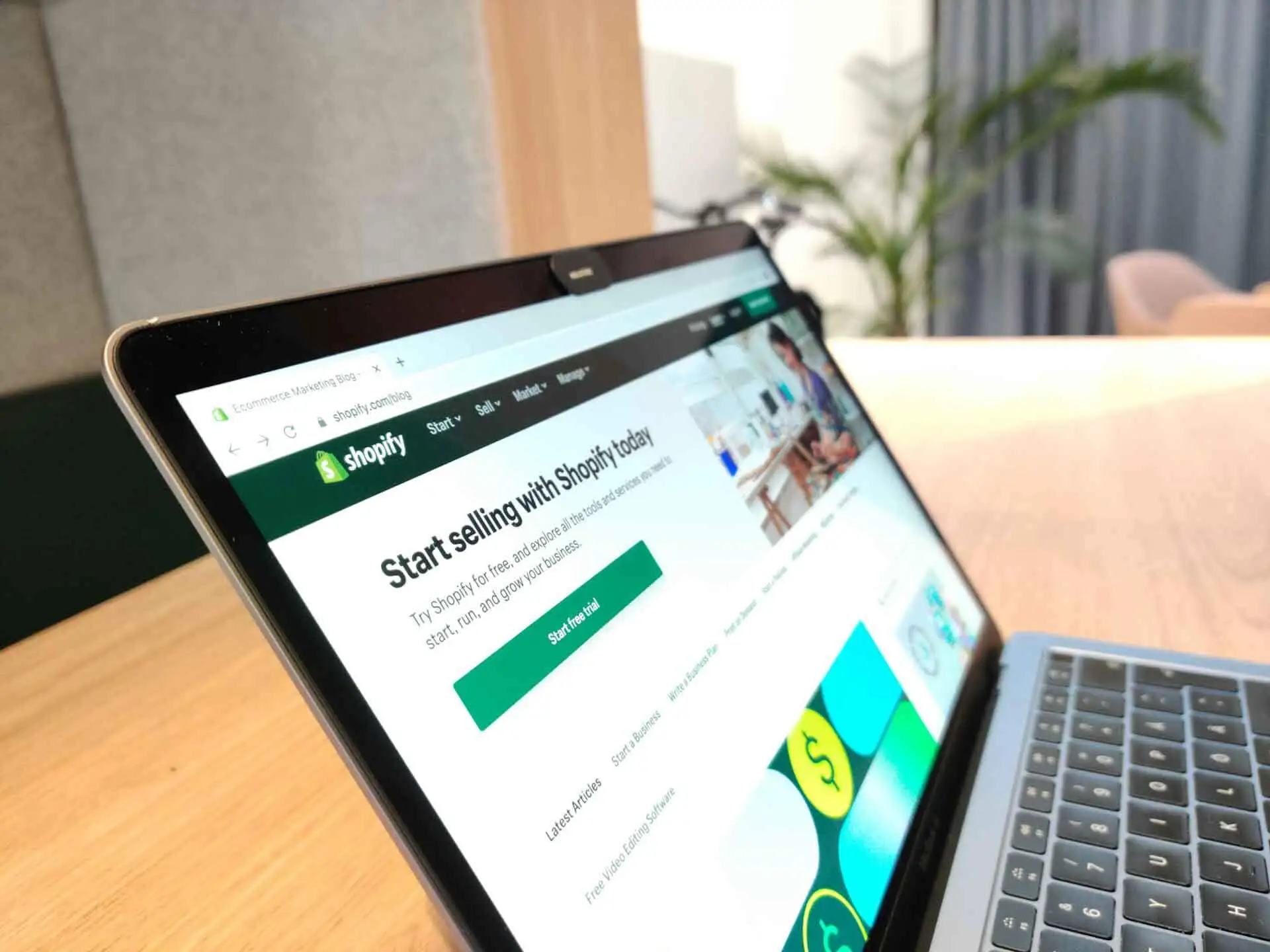Originally published October 15, 2024 , updated on November 5, 2024
Businesses are continuously seeking effective ways to maximise return on investment (ROI) in their marketing endeavours. With a bustling digital marketplace poised for promotion and lead generation, companies have to offer something truly unique to stand out.
Inbound marketing offers an innovative approach. It aligns seamlessly with customer-centric values and today’s digitally informed decision-making processes. Focusing on attracting, engaging, and delighting potential customers rather than merely pushing products is a reshaping strategy in the B2B landscape.
Understanding Inbound Marketing and Its Core Principles

Inbound marketing flips traditional marketing on its head by shifting the lens of attracting customers organically rather than interrupting them with invasive ads or cold calls. This method emphasises quality content, valuable resources, and meaningful interactions. It sets the foundation for a relationship built on trust and relevance. The goal is to guide potential customers through each stage of their buying journey—Awareness, Consideration, and Decision—using tailored content and engagement tactics.
The value of inbound marketing lies in its ability to deliver a consistent stream of high-quality leads. It also improves brand credibility and drives long-term customer loyalty. Together, these make businesses accessible to potential customers when they’re ready to engage.
The ROI Benefits of Inbound Marketing for B2B Companies
In contrast to traditional marketing, which often incurs high costs with uncertain results, inbound marketing provides a highly trackable, data-driven approach. B2B inbound marketing services help businesses maximise their marketing budgets. How? By focusing efforts on strategies with proven ROI.
Here are some of the key ROI advantages of inbound marketing for B2B:
1. Lower Customer Acquisition Costs (CAC): With targeted content and SEO tactics, inbound marketing reduces the need for costly advertisements. Instead, it centres around organic engagement with potential customers actively seeking solutions.
2. Improved Lead Quality: Aligning content with the specific needs and pain points of your target audience helps attract high-quality leads who are more likely to convert into paying customers.
3. Enhanced Customer Retention: Through continued value delivery, inbound marketing fosters long-term relationships with customers. This leads to higher retention rates and more repeat business.
4. Scalability and Cost Efficiency: Once implemented, an inbound marketing strategy is highly scalable. With an evergreen content base and well-optimised processes, inbound marketing can continue to yield returns. What’s more, it does so without demanding the same ongoing budget as many outbound methods.
5. Measurable Impact: Inbound marketing’s analytics-driven nature enables detailed performance tracking. This allows companies to refine their strategies and continuously maximise their impact.
Core Components of an Effective Inbound Marketing Strategy
To see the true impact of inbound marketing services, it’s essential to understand and integrate each core component effectively. Here are the primary elements that make up a successful B2B inbound marketing strategy:
1. Content Marketing: Building Value through High-Quality Content
Quality content is the foundation of inbound marketing. B2B buyers often need detailed information before committing, which makes informative, well-researched content critical. These include blog posts, whitepapers, case studies, and webinars. Each content type serves a purpose at different stages of the buyer’s journey.
A specialised inbound marketing agency can help craft a content strategy that’s aligned with your brand’s objectives. This ensures you attract the right audience with the right message. Producing content that resonates with the challenges and goals of your target audience positions your company as a trusted resource and industry authority.
2. SEO: Making Content Discoverable
Content is only valuable if it reaches the right audience. And that’s exactly where search engine optimisation (SEO) assists. SEO involves optimising your website, blogs, and other digital assets to rank higher in search engine results pages (SERPs) for relevant keywords. B2B inbound marketing services typically include an SEO component. This is to ensure that your content is visible to potential customers actively searching for solutions in your niche.
An effective SEO strategy involves the following:
– Keyword research to identify high-value search terms relevant to your business
– On-page optimisation of blog posts, landing pages, and resources
– Building authority through backlinks and high-quality, shareable content
– Regular performance tracking to refine strategies based on results
3. Social Media: Amplifying Reach and Engagement
Social media is more than just a platform for brand visibility. It’s a space to connect, engage, and learn about your audience’s preferences. A strategic inbound marketing agency understands that consistent, value-driven social media activity fosters stronger relationships with prospects. It also allows businesses to leverage customer insights, which can refine content and engagement strategies further.
Using platforms like LinkedIn, Twitter, and even YouTube, allows B2B companies to share industry insights, promote content, and interact directly with audiences. This further establishes their position as thought leaders in their field.
4. Lead Nurturing and Marketing Automation: Turning Interest into Action
Attracting potential customers is only the first step. The goal of a B2B inbound marketing strategy is to guide these leads down the sales funnel, transforming them into loyal customers. Lead nurturing and marketing automation play a pivotal role in achieving this.
Marketing automation tools include email workflows and CRM systems. These allow businesses to nurture leads with personalised content based on their interaction history and preferences. This can significantly accelerate the conversion process by keeping your brand top-of-mind. It also provides prospects with the information they need to make informed purchasing decisions.
How an Inbound Marketing Agency Drives Strategic Success
For businesses to see real returns on inbound marketing efforts, partnering with a seasoned inbound marketing agency can make all the difference. An agency that specialises in B2B inbound marketing services provides expertise in crafting a strategy. Each strategy is tailored to your industry and audience.
Here’s how a well-aligned partnership can drive results:
- Strategic Insight: Inbound marketing agencies bring a wealth of knowledge and data-driven insights to the table. This enables them to develop innovative and effective strategies for reaching your goals.
- Specialised Tools and Resources: Agencies often have access to advanced tools and technologies that optimise every stage of the marketing process.
- Time and Cost Efficiency: With an agency’s team handling content, SEO, social media, and lead nurturing, your business can focus on core operations while reaping the rewards of a well-executed inbound marketing strategy.
- Continuous Optimisation: Inbound marketing isn’t a one-and-done effort. A strategic agency partner monitors performance metrics and continually refines tactics, ensuring maximum ROI over time.

Measuring the Success of Your Inbound Marketing Strategy
One of the major advantages of inbound marketing is its measurability. Using KPIs such as lead generation, conversion rates, customer acquisition cost (CAC), and customer lifetime value (CLV), you can gain deep insights into the impact of your inbound marketing services.
Here are a few critical KPIs to track:
- Traffic and Lead Generation: The number of visitors to your website and generated leads indicate the effectiveness of your content and SEO efforts.
- Conversion Rates: Track the percentage of leads converting to paying customers to measure the success of your nurturing and sales enablement efforts.
- Engagement Metrics: Metrics like average session duration, bounce rate, and social media engagement provide a clear picture of your content’s resonance with your audience.
- ROI and Customer Lifetime Value (CLV): A high ROI and long-term customer relationships signal a successful inbound marketing strategy that builds loyalty and value over time.
Inbound Marketing as a Pioneering Strategy
Inbound marketing has emerged as a game-changing approach for B2B businesses aiming to maximise ROI. Prioritising value-driven engagement over direct selling builds strong, enduring relationships with customers. And it does so while keeping costs manageable. Through a well-crafted inbound marketing strategy, B2B companies can capture high-quality leads, nurture long-term relationships, and create a sustainable cycle of growth and loyalty.
Partnering with an experienced inbound marketing agency amplifies these benefits. It offers the expertise, tools, and continuous optimisation necessary to unlock the full potential of inbound marketing services.
In a market where customer experience and credibility are paramount, inbound marketing stands out as a transformative strategy that drives tangible, measurable results for today’s B2B businesses.
Post Views: 882


















